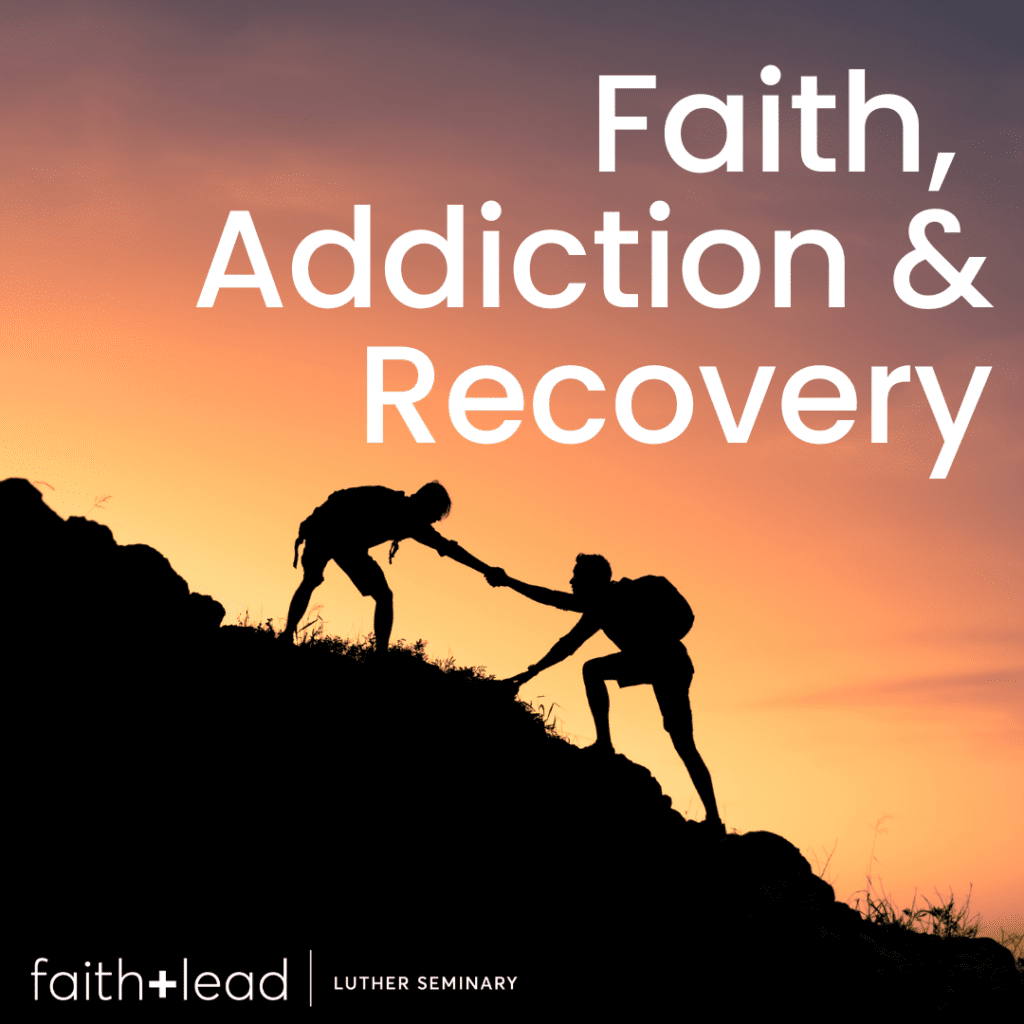I promise it will be worth it. I know that it is scary, but I promise it is worth it. If you are on the fence about whether you should begin your path to recovery, I promise you that it is worth it. But I also understand the fear.
Several years ago, I served as a chaplain at an in-patient treatment center for chemical and gambling addictions. During that time, I got to bear witness to the miracle of transformation that comes when people are willing to say that their lives have become unmanageable. I had the privilege of witnessing people do the hard labor of working the steps, facing their fears, facing the grief buried underneath, and finding forgiveness. I got to witness how lives were changed, relationships were healed, and hope was restored.
Before the miracle of recovery could occur, however, one of the common challenges of treatment that patients faced was fear. This fear can come from many different corners: Fear that recovery will be too much to bear. Fear that they will never find forgiveness. Fear that they will never be able to let go. Fear that they will never be free. Fear that they are not enough. Fear that they have lost everything. Fear of relapse. Fear that the feelings that have been buried for so many years will flood back in a way that is too much to bear. Fear of failure. Fear of success. Fear of a life that will be forever changed.
New beginnings
Sometimes, fear serves us well. Fear can signal to us that we are in danger. If we are standing on the edge of a cliff and we experience fear, that is a good thing. It is telling us that a steep cliff is hazardous. In this case, fear keeps us safe from falling. Sometimes fear can tell us that we are in an unhealthy relationship. Perhaps the relationship has become abusive or toxic. Fear in relationships can signal that we need to find safety away from unhealthy people.
In other times, fear is signaling something else. In treatment and recovery, fear is often signaling a new beginning. Fear sometimes tells us that we are on the threshold of something new. Treatment involves not only learning new ways of acting, but also learning new ways of thinking. These new behaviors and thoughts will usually lead to a new life, new habits and new relationships. Fear can indicate a new beginning that is about to happen. And, it can indicate that you are standing at the threshold to a new future.
Our heart’s desire
Fear can also point towards our heart’s true desires. When we are standing at the threshold of something new, we can be confronted by fear because we are scared to admit what we really want. We might be afraid that if we say it out loud, our desire is so fragile it will disappear before our eyes. Maybe we are scared to admit our deep desires because we fear that we ourselves or someone else will sabotage them. Fear can reveal our deepest longings.
The Bible speaks a lot about fear. Nearly every time messengers, or angels, from God pay a visit, they begin with the words, “Do not fear!” We don’t know why the angels were so frightening. Maybe angels were figures that were terrifying to see. Perhaps there was something about the situation that invoked deep fear. But we also know that when God’s messengers arrive, a whole new beginning is about to unfold. We see this especially around the birth of Jesus.
The angel Gabriel appeared to Joseph saying, “Fear not! Take Mary as your wife.” Later, Gabriel also came to Mary and told her, “Fear not! You will bear a child!” Shepherds tending to their flocks had a whole army of angels singing, “Fear not! For a child has been born for you.” Joseph, Mary and the shepherds all received news about an unexpected future, and they initially received it in fear. These examples from the Bible show us that we might experience fear when we must prepare for a future that is new to us. The Bible teaches us that it is quite natural to fear a future where everything we know is about to change.
Yes, sometimes being afraid is a function that keeps us safe from harm. But when we are entering into a time when we are seeking a healthier lifestyle or when we are looking to begin a life of recovery, fear signals something new. Fear may come with the territory, but we do not need to be afraid of feeling afraid. If we listen to our fear, we might find out that it is telling us something important. Fear might be telling us that what we are about to do will change our lives. Fear might be pointing the way to our deepest longings for our own lives.
Your turn
And so now you might be wondering, “Yes. But how do I move through fear?” I have one simple step for you when you are facing fear of the future: Breathe. Breathe in. Breathe out. When you are afraid to begin, return to your own breath. When you are afraid of what you might find when you get into recovery, breathe in and breathe out. When you are afraid to admit to your heart’s deepest desires, breathe. Your breath reminds you that you are a human being. Your breath reminds you to keep it simple. Your breath reminds you that you only need to begin with the first step. You’ve got this. Do not be afraid. Breathe.




